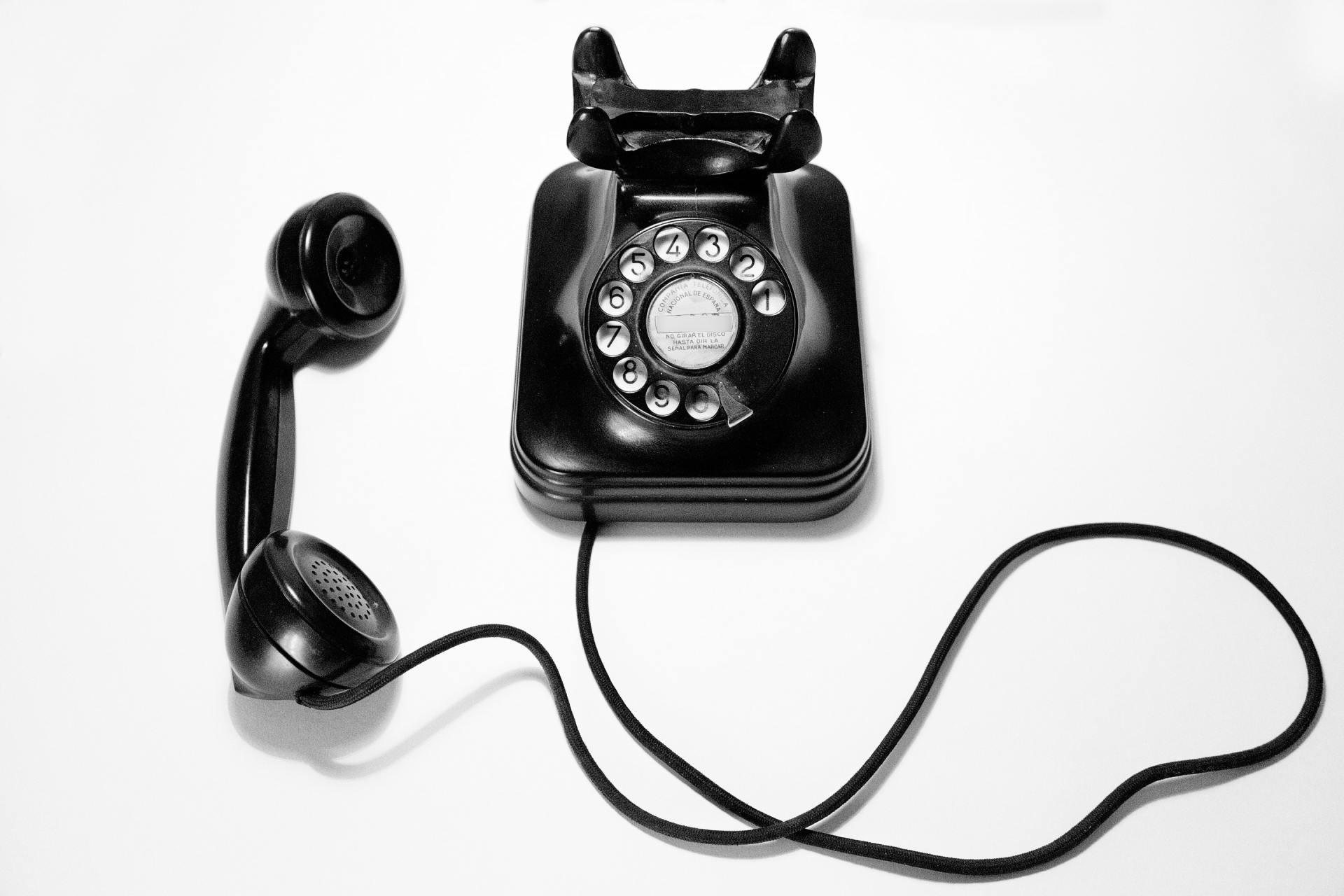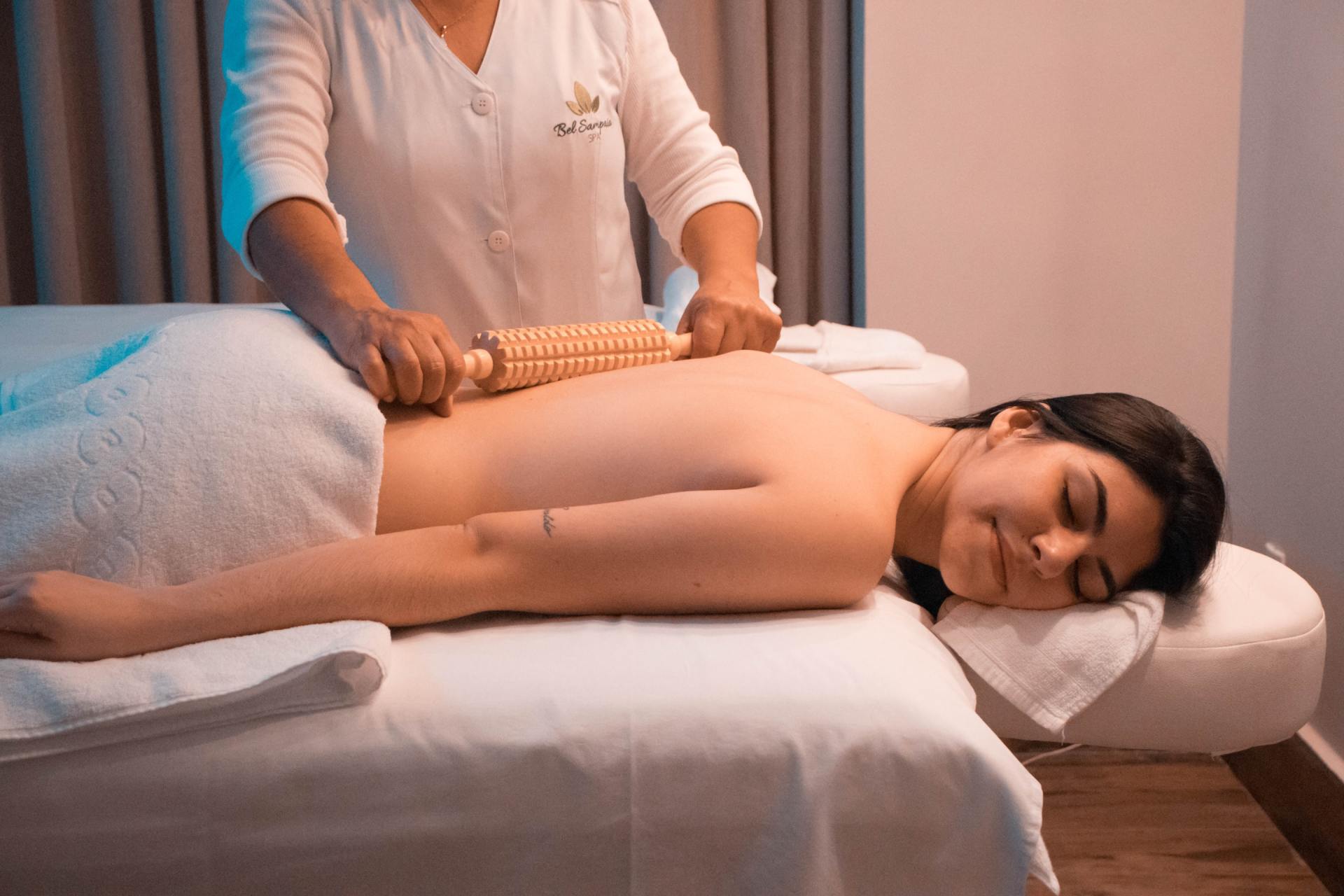While we might think that today’s teens are the highest users of social media, researchers found that parental social media use was the most problematic factor in family dynamics. The amount of technoference in a parent-child relationship correlated with the child’s behaviour. The more time parents spent on their smartphone, the more the child displayed disruptive and challenging behaviour as the child works harder to draw the parent’s attention from the screen. Children’s development was also impacted by their parent’s screen time habits. More concerning, research found a higher rate of depression in teens whose parents reported high levels of personal social media use. These teens also experienced maladaptive technological behaviours such as cyber-bullying and vulnerability to predators.
With such high stakes for the mental health of teens, there’s never been a better time for parents to be aware of the impact of media habits. Dr Sarah Coyne suggests four things parents can do to create healthy media use patterns for their families.
1. Model healthy media use. Parents set the tone for the media climate in the home. It’s easy to be so focused on a child’s media use that we forget to turn the mirror to ourselves. Being mindful of how and when you use social media helps create healthy media environments at home.
2. Build relationships by limiting technoference. Children value strong connections with parents. Your undivided attention conveys to your child ‘you are important to me’.
3. Help children think critically about their media use. Research found that parents talking to teens about how to evaluate media habits helped protect teens’ mental health. Parents can be proactive in having natural conversations such as ‘What do you like about this social-media platform?’ and being interested in your child’s answer. Such questions can lead to a discussion about media use while reinforcing love for the child.
4. Create balanced guidelines. Research discovered that strict rules around media-use tended to backfire. The highest rates of teen depression were reported by those whose parents had imposed the toughest rules and restrictions. This suggests that parents and children should try to understand each other and implement guidelines that are appropriate for each child and situation.
We all share the responsibility of keeping technoference out of our relationships.
Linda Gray
linda@relationshipsanctuary.com.au
0401 517 243
MORE SCENIC NEWS
-
ANNE HOITINK – APRIL 2, 1945 – MARCH 15, 2024
Mar 28, 2024ButtonMigrated to Australia on 29 November 1952, aged 7 years. Going directly to the suburb of Reid in Canber...
-
DO HOP IN FOR A NEW MONTE LUPO EXHIBITION
Mar 28, 2024ButtonMonte Lupo was established by Multicap in 1991 to provide meaningful employment to people living with di...
-
KERRI: AN HONOUR TO FILL THE ROLE FOR DIVISION 2
Mar 28, 2024ButtonDuring the pre-poll part of the campaign, I was very grateful for the opportunity to be able to meet an...
-
A NEW CHAPTER FOR WOLVES BASKETBALL
Mar 28, 2024ButtonAs the sun sets on an incredible experience, it's time for me, Adam Chanter, to say farewell as the Pre...
-
COMMUNITY CAMERA ALLIANCE – YOUR CHANCE TO HELP
Mar 28, 2024ButtonIt's essential for community members to remain vigilant and take steps to safeguard their properties and vehicle...
-
GALLERY’S $30,000 MAJOR ART AWARD RETURNS
Mar 28, 2024ButtonThe award, named after the sacred mountain which the Gallery overlooks, is open to artists living across the...
-
GRAND OPTIONS CATER TO MOST NEEDS AND TASTES
Mar 28, 2024ButtonFor weddings, services can be held in The Old Church, which stands as a proud member of architecturally sig...
-
GREAT SUCCESS FOR LITTLE ATHLETES
Mar 28, 2024ButtonRuby, Lily, Talia, Torah, Hugo, Leiawyn, Aric, Dean, Mitchell, Harvey and Noa; you all should be so proud ...
-
THIS TIME, IT REALLY DOES MATTER – HAVE YOUR SAY
Mar 14, 2024ButtonPaul Williams, a political scientist from Griffith University, offers insights into the “candidate scarcity...
-
THE LONG ROAD SPORTS CENTRE AND REGIONAL SPORT - WHERE DO YOU STAND
Mar 14, 2024ButtonThe SRRC Sports strategy 2010-2020 is to be shortly superseded by the 2024 – 2034 SRRC Sports Strategy....
LOCAL BUSINESS
COLUMNS
-
Beauty & Wellness
ButtonWriter: Rebecca Mander - Naturally Cos
-
Community Care
ButtonWriter: Geoff Marshall
-
Embrace
ButtonWriter: Jaap Vogel
-
Food for Thought
ButtonWriter: Dylan Gittoes
-
Hooked on Books
ButtonWriter: Friends of TM Library
-
Living with Dogs
ButtonWriter: Pam Brandis (Dip. Canine Prac.)
-
Nature Notes
ButtonWriter: Nadia O’Carroll
-
Pastor Kim
ButtonWriter: Pastor Kim Dale
-
Physio Talk
ButtonWriter: Neil Bell (Tamborine Mountain Physique)
-
Police News
ButtonWriter: Sgt Mark Shields
Officer in Charge
North Tamborine Police
-
Politics
ButtonWriter: Local Councillors and Representatives
-
Relationships
ButtonWriter: Linda Gray
-
The Mtn Midwife
ButtonWriter: Bree Lowing (Registered Midwife)
-
Travelling Places
ButtonWriter: Travelling Places Tamborine Mtn
-
Wine chat
ButtonWriter: Imogen Mulcahy
-
Yoga Under the Bodhi Tree
ButtonWriter: Margot Wagner
Your Local Paper
to read, keep & share

Your Local Paper
to read, keep & share
CONTACT
PO Box 118, North Tamborine Qld 4272
Phone: 0407 671 286
Email:
news@tmnews.com.au
ads@tmnews.com.au
Design by BjornSchmal.com


















